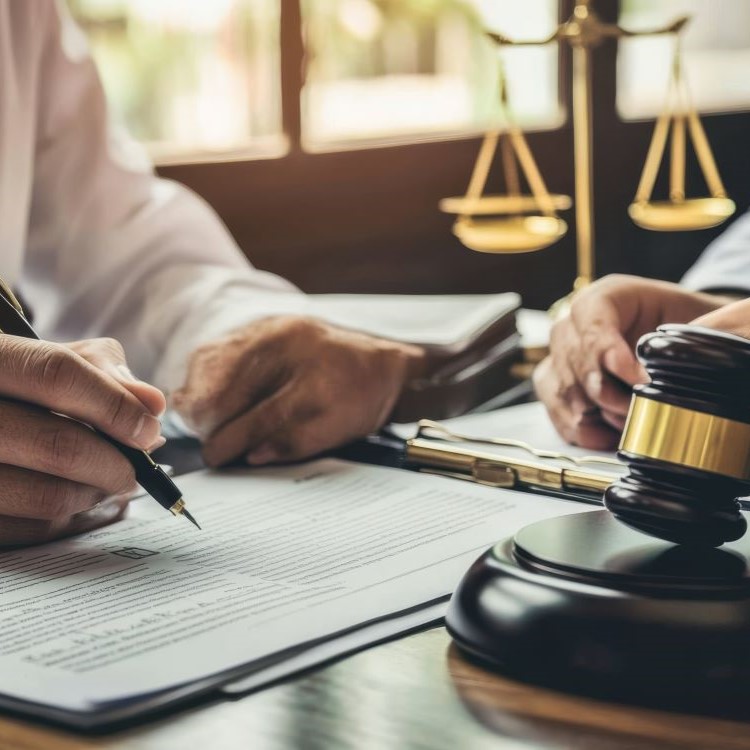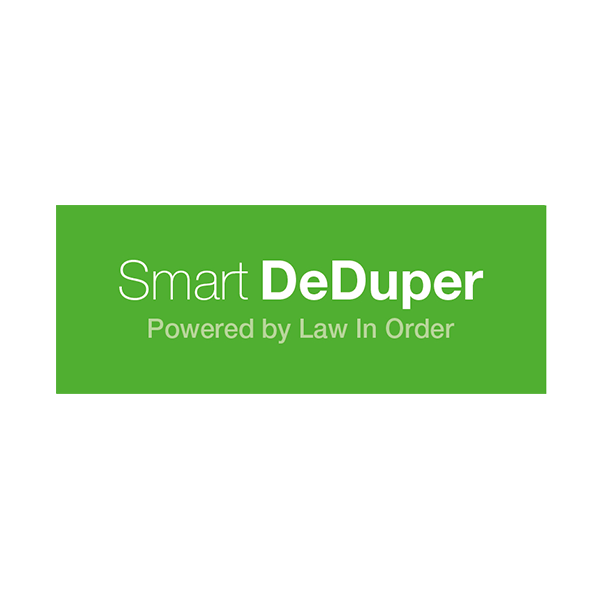eHearings Technology Revolutionising the Legal System

A wave of new technologies is now available which can revolutionise the way the legal system works. Here are some of the numerous benefits: Benefits for Document Management Firstly, it is possible to access the latest document version at any time and anywhere. A cloud-based database can store and group an entire hearing book digitally, […]
Redactions? How to Ensure There are no Nasty Surprises.
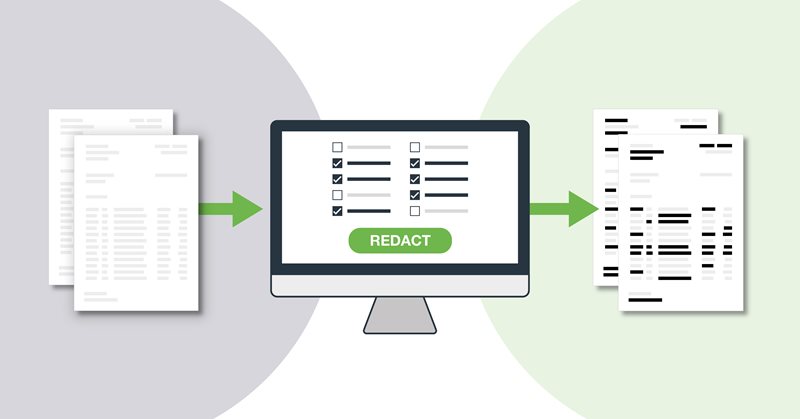
With recent headlines highlighting the damage and embarrassment that can be caused by poorly redacted documents, it is no wonder many firms and corporates are turning to legal document management specialists to secure their redactions. Several news articles have highlighted that even in high profile cases, such as proceedings against Facebook and Trump lobbyist Paul […]
Preparation of an Electronic Appeal Book

The Family Court of Australia is progressing toward the exclusive use of electronic Appeal Books. Family Law matters can be especially stressful for lawyers and their clients for whom the matter is deeply personal. This was the case for a recent client who came to us needing an electronic appeal book, in an expedited matter. Our client reached out to us […]
Investigations – Obtaining Evidence from Mobile Devices

Mobile phones are an integral part of life with thousands of models running different operating systems. The latest devices can store up to 512GB with an additional 512GB of expandable memory. What sort of useable data can we get from a mobile phone? In terms of an investigation, what steps do you take to secure […]
Preparing Court Books for Efficient Hearings

Good Court Book preparation supports the work of counsel, but are often done incorrectly or are missing entirely. A good Court Book assists the judge, court staff, counsel, lawyers and witnesses. Potential Pitfalls A badly prepared Court Book creates hearing delays, interruptions to evidence, poor advocacy and the judge’s workload increases. Potential problems with Court […]
Preserving and Protecting Data for Evidence

Data for IT governance, litigation dispute or internal investigation should always be considered as evidence that could end up in court. As such, is should be preserved and protected with forensically sound workflow. All data should be treated as evidence from hardcopy documents to emails, files, voicemail and chat messages. With the speed data is […]
How eTrials are Changing Australia’s Judicial System
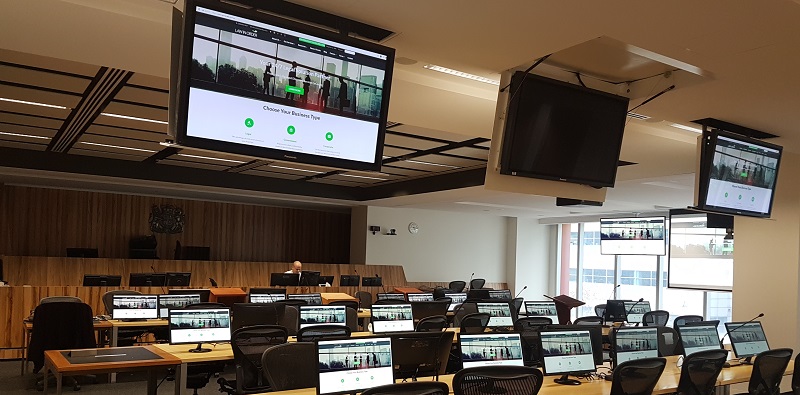
By Elizabeth Miller, Global Head of eHearing Services The Cowan trial of the Daniel Morcombe killer was an eTrial, one of a number that were running across 14 Queensland Courts as they began their electronic transformation process. Other states have followed suit, embracing not just electronic lodgements in the judicial system but also electronic presentation […]
Warrant Day! Do’s and Dont’s
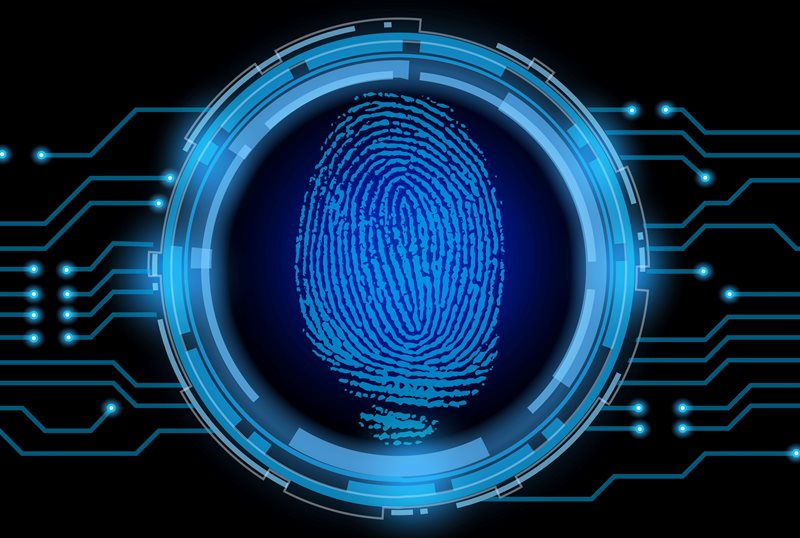
The Law In Order Forensics Team identify and preserve data for court dictated discovery or investigatory requests. Responding to these requests can raise risks and the job of our Forensics Team is to use defensible preservation methodologies and processes to mitigate these risks and reduce overall costs. Our Forensic Team use industry standard forensic software […]
How Technology Supports eArbitration in a Changing Global Environment

By Faraz Khan, Global eTrial Solutions Manager Law In Order has observed a number of trends and changes in the arbitration space over the past few years. We have seen a growing reliance on technology to assist in conducting arbitrations, as arbitrations become globally more acceptable and enforceable in many jurisdictions worldwide. There has been […]
The Importance of Having an eDiscovery Expert on Your Side

As a company we are incredibly proud of the growth of our eDiscovery & Consulting services since our investment in the technology back in 2004. At that time, we had been operating as a legal process outsourcing company specialising in the production and digitisation of legal documents for our clients (across private practice, government and […]

